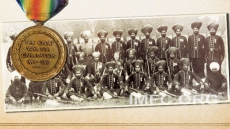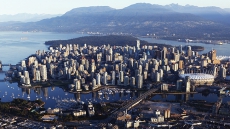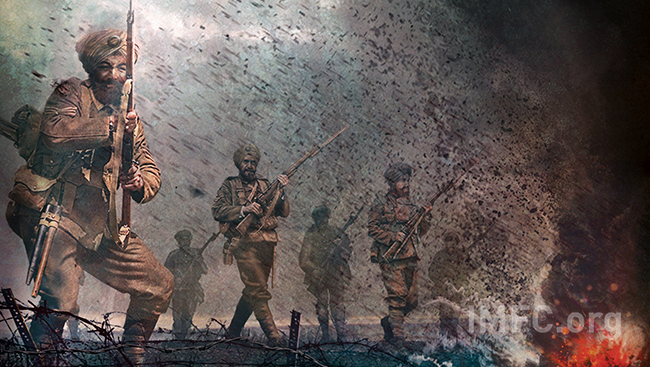The Vaisakhi Nagar Kirtan is a celebration of the birth of Khalsa, or the Sikh community.









According to data obtained by Employment and Social Development Canada, the number of Canadians choosing post-secondary education has increased dramatically over the last 20 years. Approximately 53.6 per cent of Canadians aged 15 and over had trade certificates, college diplomas and university degrees in 2012, rising 20.9 per cent since 1990. In 2012, 69.2 per cent of those aged 25 to 44 years old and 59.2 per cent of those aged 45 to 64 years old were post-secondary graduates.

In 1857, Sikh and British agendas aligned in the suppression of a mutiny mounted by rebellious Indian troops. The alliance would bring about an era of paternalistic rule that transformed Punjab's peasantry into an ardent loyalist community. In 1914, confronted by a superior German Army, Great Britain was forced to fight not just to hold onto their Empire, but for their very freedom. Like the 1857 Mutiny, the Punjabi soldier again would be positioned to save Britain or deny her, and thus alter the course of history for India and the Western world.

Back to school means back to the books. This school year, ensure your children excel at school by helping them develop good homework habits.

Are you ready to buy your first home? Is it time to upgrade or downsize? Are you hoping to invest in a rental property? Whether you're in the market to buy or sell, real estate can be a confusing venture. Understanding interest rates, scouting out locations and evaluating your needs are all small parts of the big process when it comes to buying, selling or investing in a home. With a hot market heating up this summer, DARPAN took a look at what's for sale, what's selling and what it all means for buyers and sellers alike.

On August 4th 1914, Britain declared war on Germany, and with it the British Empire was swept up into a vortex of death and destruction that would come to be known as the Great War. At its end, national boundaries would be redefined across Europe, Asia, and Africa, four world Empires would crumble, and over 9 million would lose their lives.